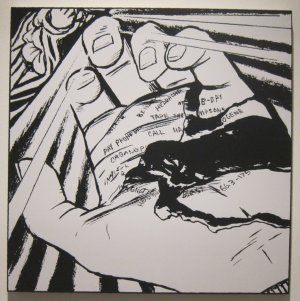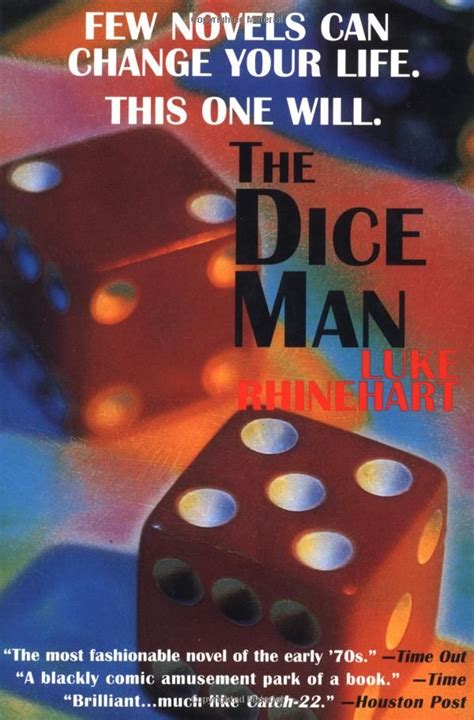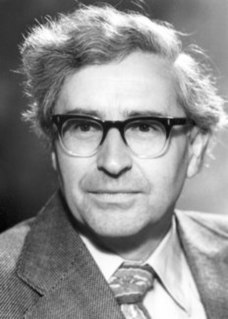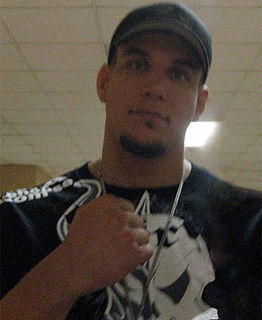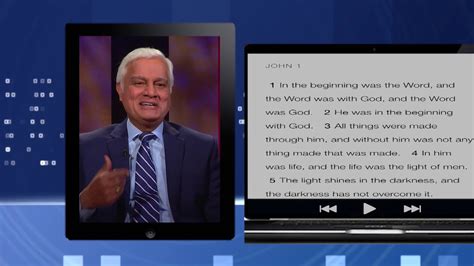A Quote by Jim Shaw
They say the one thing that people who live the longest have in common is that they have a religious belief.
Related Quotes
The ghostly presence of virtual particles defies rational common sense and is nonintuitive for those unacquainted with physics. Religious belief in God, and Christian belief that God became Man around two thousand years ago, may seem strange to common-sense thinking. But when the most elementary physical things behave in this way, we should be prepared to accept that the deepest aspects of our existence go beyond our common-sense intuitions.
Live by what you believe so fully that your life blossoms, or else purge the fear-and-guilt producing beliefs from your life. When people believe one thing and do something else, they are inviting misery. If you give yourself the name, play the game. When you believe something you don't follow with your heart, intellect, and body, it hurts. Don't do that to yourself. Live your belief, or let that belief go. If you are not actively living a belief, it's not really your belief, anyway.
With the near-death or clinical near-death phenomenon some people who are brought back from 'death' have reported being alive the entire time they were 'dead.' This phenomenon occurs among people with a wide diversity of religious belief and no religious belief at all - from atheists to Zen Buddhists.
It goes with the passionate intensity and deep conviction of the truth of a religious belief, and of course of the importance of the superstitious observances that go with it, that we should want others to share it - and the only certain way to cause a religious belief to be held by everyone is to liquidate nonbelievers. The price in blood and tears that mankind generally has had to pay for the comfort and spiritual refreshment that religion has brought to a few has been too great to justify our entrusting moral accountancy to religious belief.
A religious belief is not a statement about Reality, but a hint, a clue about something that is a mystery, beyond the grasp of human thought. In short, a religious belief is only a finger pointing to the moon. Some religious people never get beyond the study of the finger. Others are engaged in sucking it. Others yet use the finger to gouge their eyes out. These are the bigots whom religion has made blind. Rare indeed is the religionist who is sufficiently detached from the finger to see what it is indicating - these are those who, having gone beyond belief, are taken for blasphemers.
Science and religion...are friends, not foes, in the common quest for knowledge. Some people may find this surprising, for there's a feeling throughout our society that religious belief is outmoded, or downright impossible, in a scientific age. I don't agree. In fact, I'd go so far as to say that if people in this so-called 'scientific age' knew a bit more about science than many of them actually do, they'd find it easier to share my views.
No, I'm not religious, I'm sorry to say. But I was once and shall be again. There is no time now to be religious." "No time. Does it need time to be religious?" "Oh, yes. To be religious you must have time and, even more, independence of time. You can't be religious in earnest and at the same time live in actual things and still take them seriously, time and money and the Odéon Bar and all that.
Until the content of a belief is made clear, the appeal to accept the belief on faith is beside the point, for one would not know what one has accepted. The request for the meaning of a religious belief is logically prior to the question of accepting that belief on faith or to the question of whether that belief constitutes knowledge.
I think one of the great strengths of Americans United is that it has such diversity. That it has not only people who have no religious belief, but lots of people who do and who take that belief very seriously. And I think that provides us with a great opportunity to talk about the separation of church and state. There are plenty of other groups, and some of them are quite good at what they do, but they also have an agenda of non-theism, but we don't have, you might say, a theology. We just have a commitment to the Constitution.
There are two forms of disappointment that interest me: religious and political disappointment. Religious disappointment flows from the realization that religious belief is not an option for us. Political disappointment flows from the fact that there is injustice - that we live in a world that is radically unjust and violent, where might seems to equal right, where the poor are exploited by the rich, etc.
